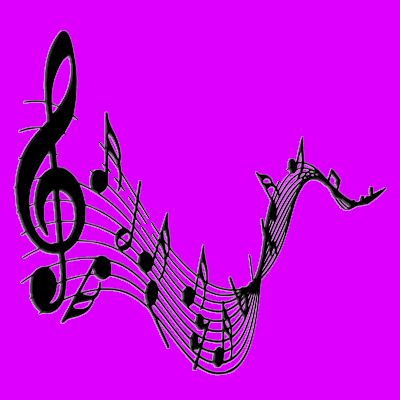August Falling: Music and Its Role
When I was younger, I was able to write through anything. It wasn’t uncommon to have the radio blaring in the background.
 As I got older, the ads started to irritate me – well, those annoying ones (“Hello! Hello!”) where somebody was talking right at you. They always broke my concentration.
As I got older, the ads started to irritate me – well, those annoying ones (“Hello! Hello!”) where somebody was talking right at you. They always broke my concentration.
Listening to CDs helped solve that problem. Originally, I’d just play anything. But as I grew more experienced and idiosyncratic (as a writer) I’d chose music that tonally suited whatever I was writing. It helped get me in the right mood and created a mindset that contributed to the story.
When I was thirty, I went through terrible clusters of panic attacks. A psychiatrist prescribed a certain medication, which I won’t name. The start-up side effects were terrible. I wanted to ditch it, but was told if I went off it, I’d have to wait five days before I could start anything else because of the risk of serotonin overdose.
So I stayed on it.
It knocked out the panic attacks, but it amped up my OCD until they were unbearable, so I had to double the dosage.
The side effects I experienced while I was on this drug were dreadful: dizziness, lack of coordination, apathy, digestive issues (I suspect it contributed greatly to the digestive issues I’d have five years later), parasomnia, hot flushes, among other things. But it was a trade-off: what was the lesser of two evils – the side effects or the brutal panic attacks and OCD?
Another thing the drug did was make it harder to write. Previously, I could sit down and write at any time. I wanted to write. Now I found it hard to get into my imagination. I suspect it’s because antidepressants stopped ruminating, whereas a writer needs to ruminate. You need your imagination to wander.
Going off that medication five years later was horrific.
I’ve broken an arm, been hit by a car and broken a leg, had severe nerve damage both times, broken three ribs in a car accident, broken my nose, had torturous digestive issues for six months, had chronic back and neck issues as I’ve gotten older, had foot stress fractures when I was younger, and done a host of other things to my body, and nothing – nothing – compares to the symptoms I experienced going off that drug.
I still have some of the side effects to this day – sixteen years later. The psychiatrist who’d prescribed that medication assured me that eventually my body would reset. Years later, he conceded that might not happen. I’m not expecting it to.
As an aside, I found an online forum dedicated solely to people on this drug. They talked about the side effects I’d experienced (the psychiatrist had claimed some of these were from anxiety even though I’d never had those sort of anxiety symptoms before). When I told them how I went off the drug, they told me I was crazy – it was much too abrupt. Again, this was how I was told to do it.
The manufacturer of that drug went through various class action suits. It’s still on the market. I know of people who take it without a problem but, equally, I know of people who go through the hell I did – or worse.
What I found after I stopped taking it was I’d suddenly go blank while writing. It was like instant writer’s block, but just in relation to finding the next word. The next word didn’t even have to be anything highfaluting. It might’ve been “the”. But my mind would hit a wall. Then I’d sit there, trying to puzzle out what that word would be, while fearing there may never be a next word. All I saw was emptiness.
I grew to dread writing, worrying that it wasn’t the ideas that would dry up, but the words. I’d never be able to find the next word.
Struggling through that period I learned I couldn’t have distractions. I had to work in relative silence and focus to extract every word. Tapping into my imagination remained as difficult as it was when I was on the drug.
One strategy I developed was dedicating music to a story to find the right emotional tone. The music could be anything – a genre, an artist, or a band.
Mozart’s Piano Concerto 21 sat entirely behind my novella, The Shadow in the Wind, for example. I listened to it over and over and over before any writing session, or even during breaks. It spoke to me of the protagonist.
For August Falling, that artist was P!nk. Her songs range from a sullen rebelliousness to a melancholy lament to gleefully confrontational – the ingredients behind the title character’s life. (Not that I know P!nk, but in interviews she seems pretty cool, too, so I’ve always liked her music.)
So P!nk was all I listened to – when I was driving, or before a writing session, and sometimes even during a writing session when I was taking a break.
It was the perfect way to keep oriented.
Next Week: Dealing with Reviews.